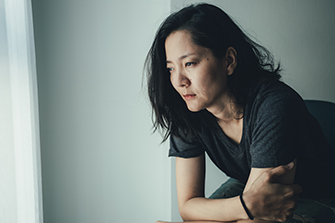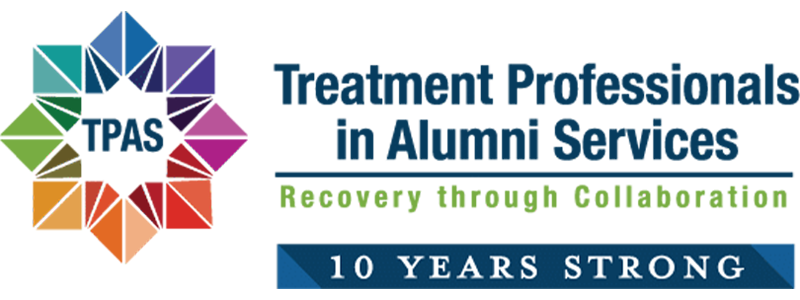Mental health disorders are invisible diseases with very severe impacts on daily life. When left untreated, mental health disorders can lead to more serious, life-threatening issues such as addiction, accidental overdose, or suicide. When searching for mental health facilities near me, you will likely come across many that also treat addiction at the same time. This is a very important aspect of mental health recovery. If you are ready to receive treatment for your mental health disorders and addiction, keep reading to learn more about what the best in-patient facilities have to offer.
Understanding Mental Health Disorders
Mental illnesses are health conditions involving changes in emotion, thinking, or behavior, or a combination of these. Mental illnesses are associated with distress and/or problems functioning in social, work, or family activities, as stated by the American Psychiatric Association.
- Nearly one in five (19 percent) U.S. adults experience some form of mental illness
- One in 24 (4.1 percent) has a serious mental illness
- One in 12 (8.5 percent) has a diagnosable substance use disorder
Examples of Mental Health disorders include:
- Anxiety
- Bipolar Disorder
- Depression
- Eating disorders
- Gender Dysphoria
- Obsessive-Compulsive Disorder
- Personality disorders
- Post-Traumatic Stress Disorder
- Schizophrenia
Mental health disorders can be debilitating to daily life. It can impact all areas of someone’s life, including participation in school or work, forming healthy relationships or friendships, the ability to adapt to change, the ability to cope with adversity and to care for one’s self. It can lead to extreme isolation and cause problems functioning in social, work, or family activities.
Mental Health Disorders and Addiction
One of the most challenging parts of living with a mental health disorder is having to deal with its daily symptoms. Common symptoms of mental health disorders include:
- Overwhelming feelings of sadness
- Inability to concentrate
- Excessive fears
- Extreme mood changes
- Isolation from friends and family
- Withdrawal from enjoyable activities
- Low energy
- Insomnia
- Paranoia
- Problems relating to others
- Changes in eating habits
- Change in sex drive
- Excessive anger
- Invasive negative thoughts
- Suicidal thoughts
To cope with all of these emotions, an individual may be driven to self-medicate. Substances may provide temporary relief, however, a side effect of drugs and alcohol is heightened anxiety. This tends to make mental health disorders worse, which makes the individual take even more substances to mask their symptoms, and the cycle of substance abuse begins.
Co-Occurring Disorders and Dual Diagnosis Treatment.
When an individual is suffering from addiction and a mental health condition at the same time, the mental health condition is called a co-occurring disorder. To successfully overcome the addiction and the co-occurring disorder, Dual Diagnosis Treatment is required.
According to the Substance Abuse and Mental Health Services Administration, Mental health and substance use disorders affect people from all walks of life and all age groups. These illnesses are common, recurrent, and often serious, but they are treatable and many people do recover. Mental disorders involve changes in thinking, mood, and/or behavior. These disorders can affect how we relate to others and make choices. Reaching a level that can be formally diagnosed often depends on a reduction in a person’s ability to function as a result of the disorder.
If the addiction is treated alone, the individual may become sober for a brief period of time. However, relapse is inevitable since the co-occurring disorder was not treated along with it. Symptoms will arise again, and the temptation to use familiar coping mechanisms (such as substance abuse) might be too much to resist.
Alternatively, if the mental health condition is treated alone and the addiction is not, due to denial or otherwise, the mental health condition will never get better. As mentioned, a side effect of addiction is heightened anxiety and depression, which work to keep the mental health condition alive.
About The Pointe Malibu Recovery Center
The best inpatient mental health facilities in Los Angeles will offer dual diagnosis treatment for co-occurring disorders. Getting to the root of the addiction is the most important part of treatment. For many people, the root cause may be trauma. For others, it may be a co-occurring mental health disorder.
Each client at The Pointe Malibu undergoes a thorough Diagnostic Assessment. The purpose of the assessment is to determine a complete set of precise diagnoses for all of your medical, psychiatric, clinical, and behavioral issues that have contributed to your admission for treatment.
If you’ve found that your mental health issues are beyond your control, we can help you. We staff clinical and medical professionals who understand the origin of your suffering. We also staff world-class alcohol abuse and drug addiction experts and administer real-world, effective treatment solutions. To comfort you during your healing, we offer discreet, luxurious accommodations. For your added convenience, private quarters are available. Our exquisite residential properties are located in Malibu’s most prestigious beachfront community, with views of the Pacific Ocean, a beautiful place to find peace and begin your recovery. During your stay, you can also look forward to gourmet cuisine prepared daily by our on-staff chefs.
If you’re ready to start your journey to long-lasting recovery from mental illness and addiction, we are here for you.





